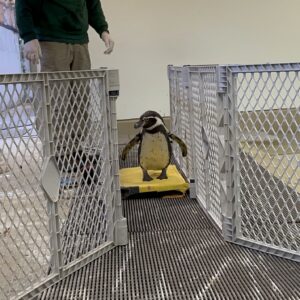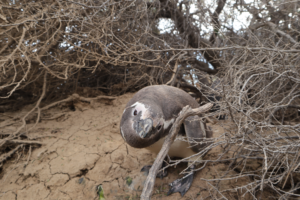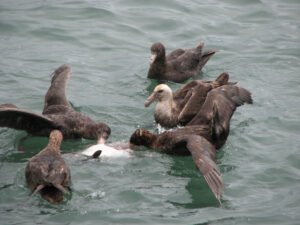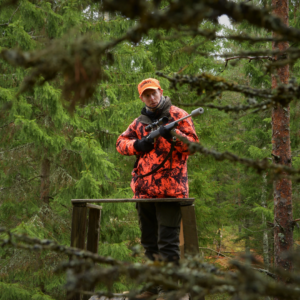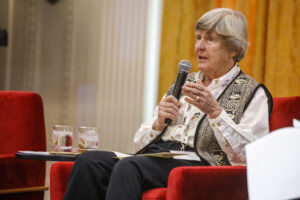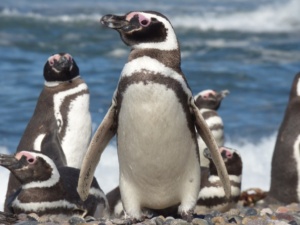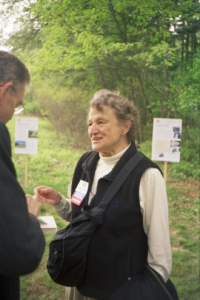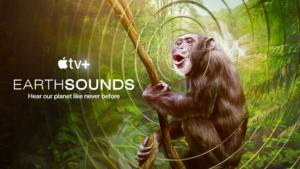Testing Technology with the Woodland Park Zoo
Since 2015, we have deployed automatic weighbridges to track the foraging success of Magellanic penguins at one of their largest breeding colonies – Punta Tombo, Argentina. These weighbridges weigh penguins noninvasively as they leave the nesting area to forage and when they return to feed their chicks. This helps us track whether these penguins are finding enough food for themselves […]
Testing Technology with the Woodland Park Zoo Read More »
